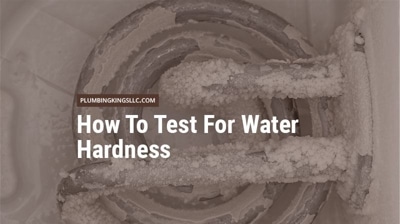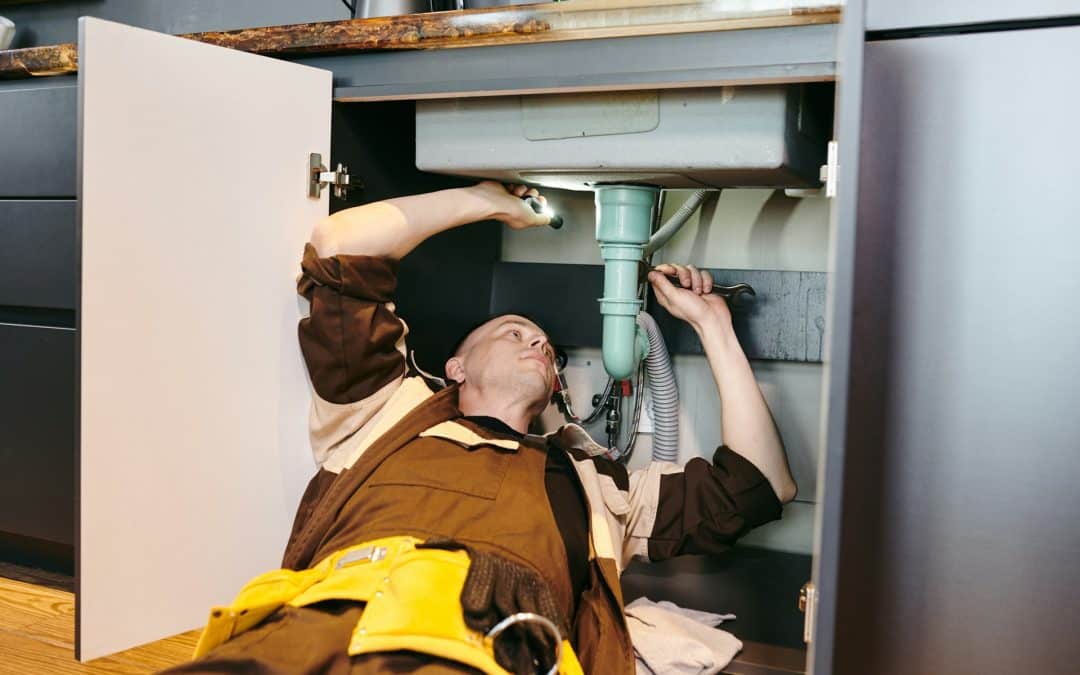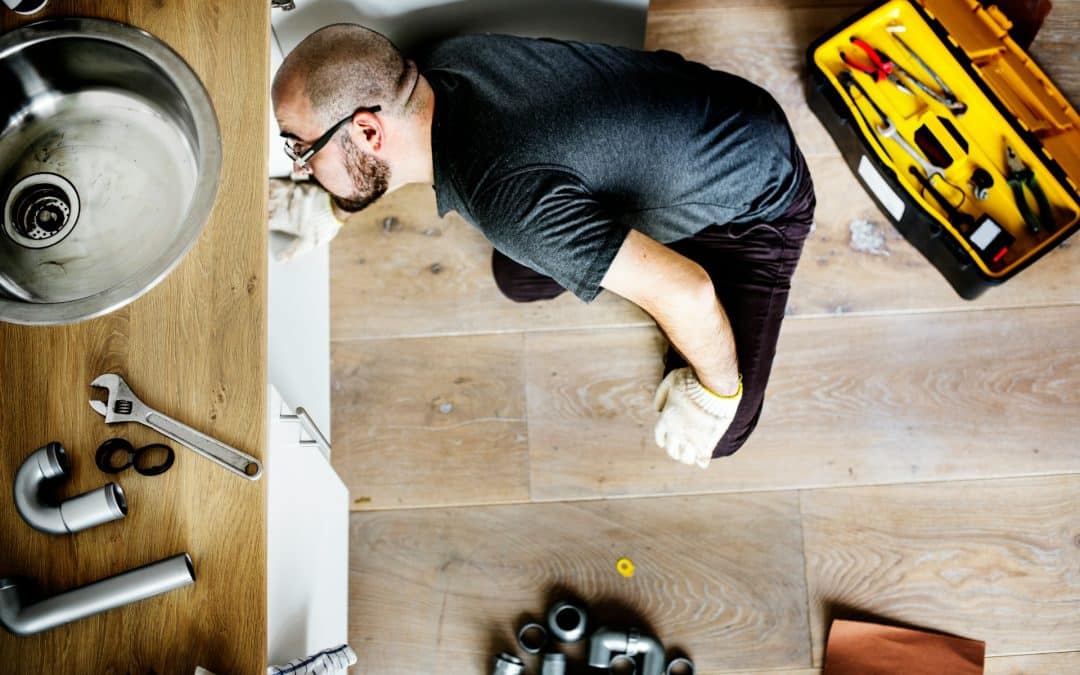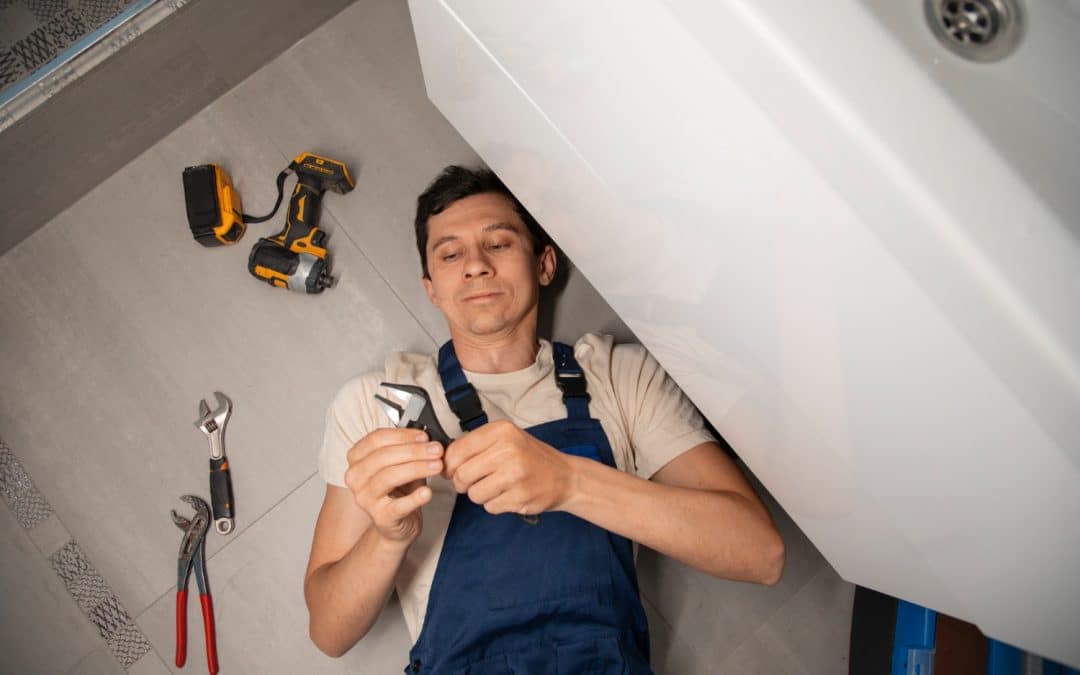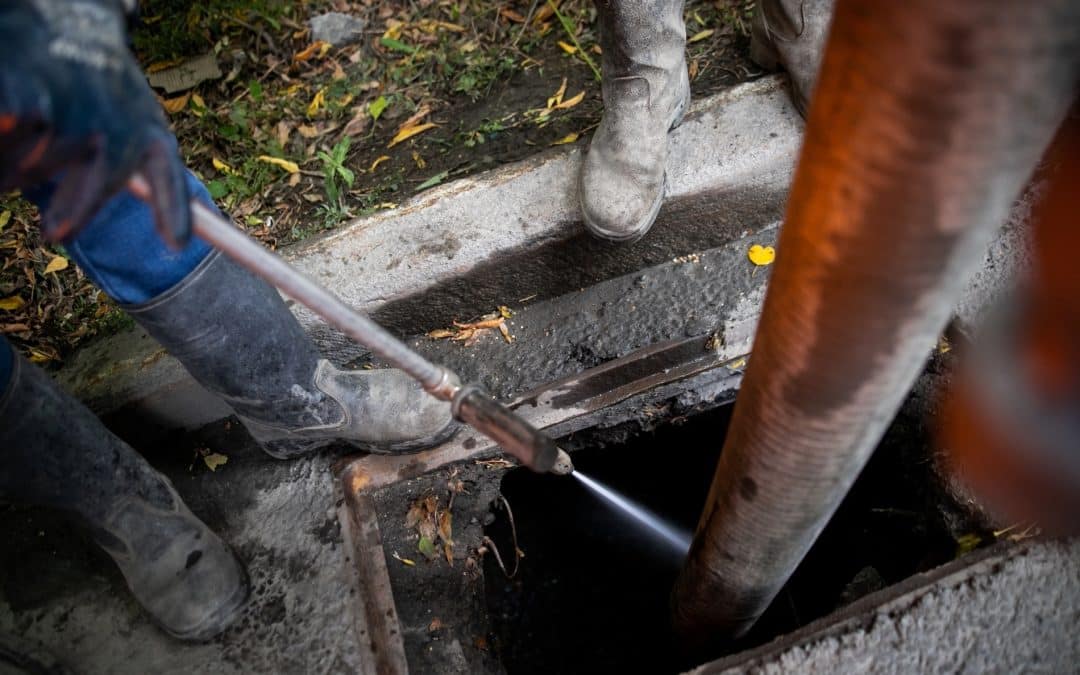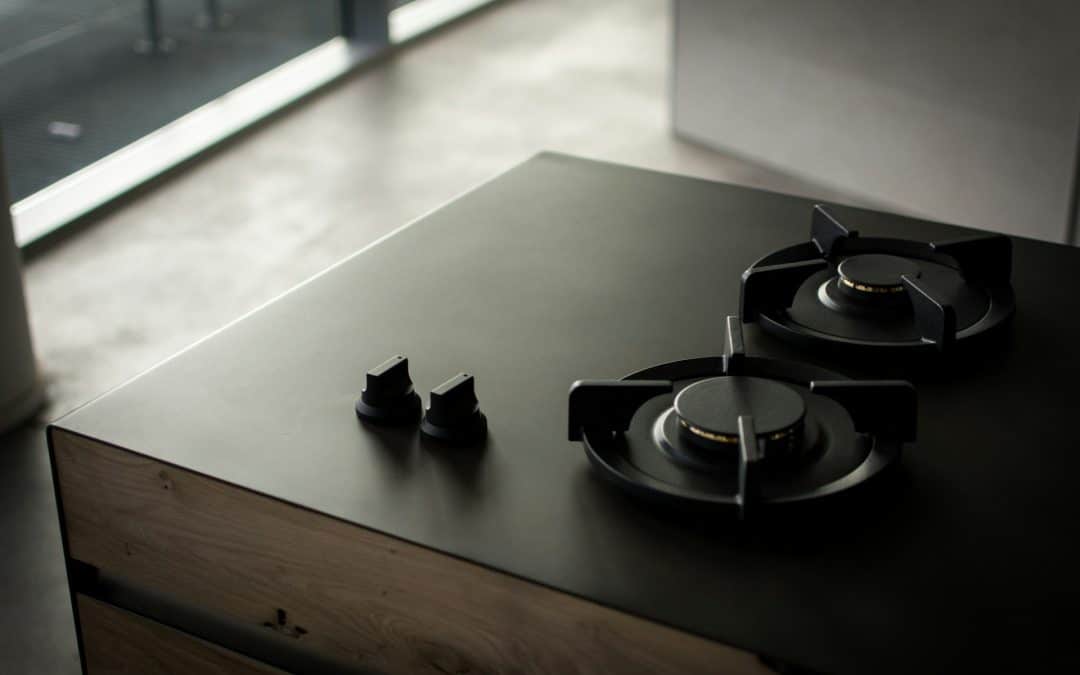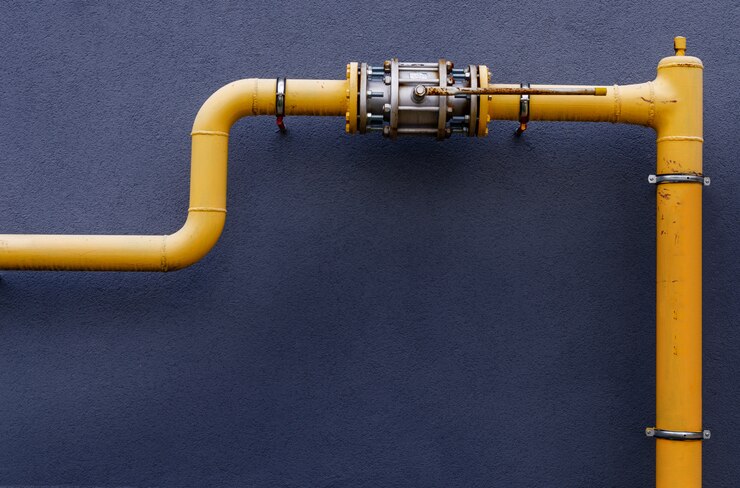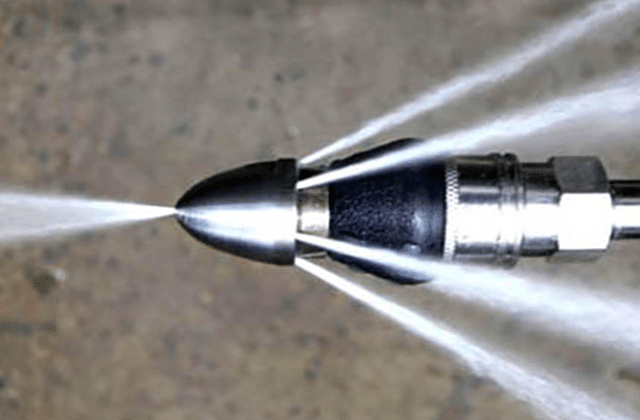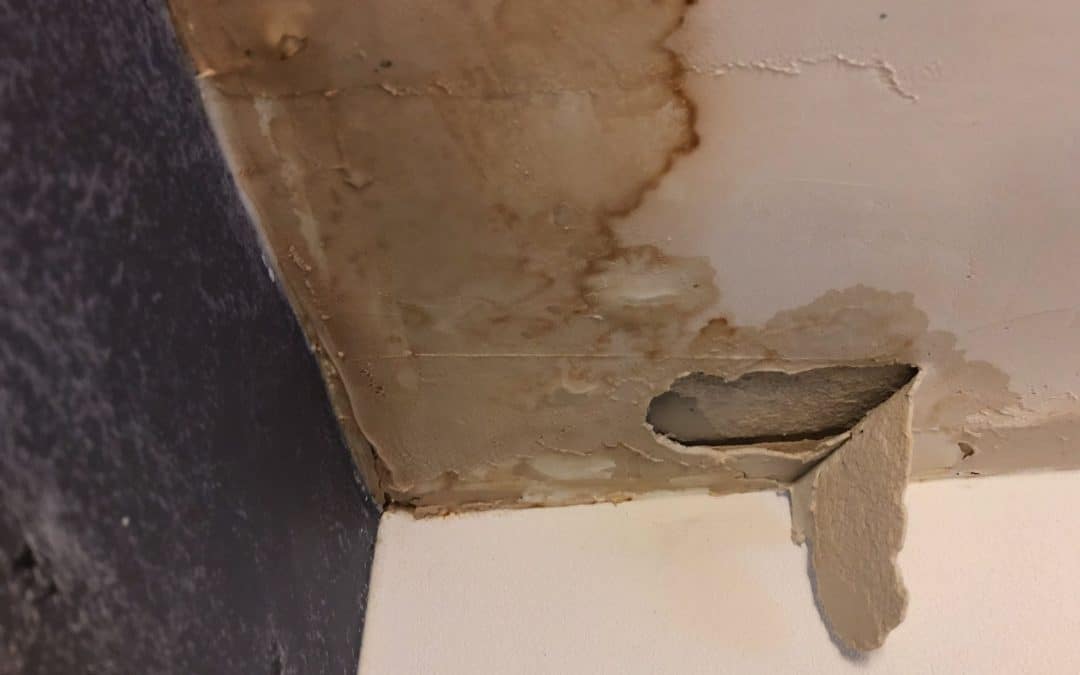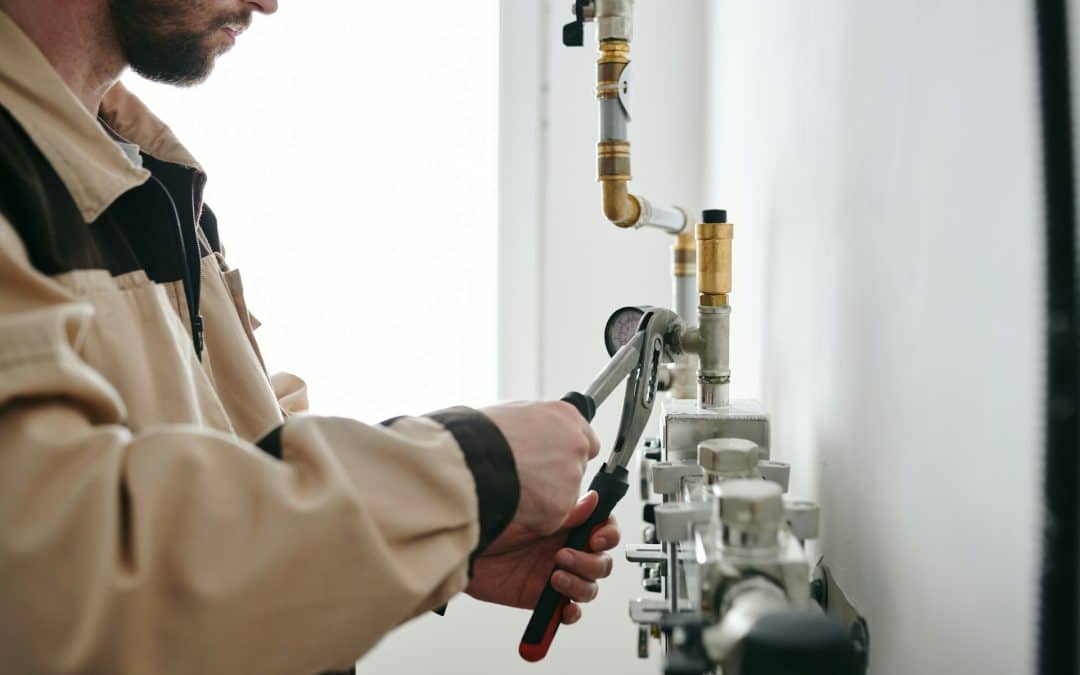Hard water is one of the most common problems that homeowners face. Hard water typically consists of high magnesium and calcium, along with other natural minerals and metals. Although not a health concern, hard water can lead to excessive scale buildup in water pipes, boilers, hot-water heating systems, and other surfaces it comes into contact with, which may cause problems for some homeowners.
Worried about the hardness of your water? Contact Plumbing Kings today to ask about a water softener installation!
Signs of Hard Water
Here are some of the classic signs that your home has hard water:
- Scum line: A yellowish ring in your toilet or the drain in your bathtub that is hard to scrub off
- Calcium buildup: Accumulations of white crust around faucets, shower heads, and glass shower walls
- Spotty dishes: Cloudy spots on your dishes that persist no matter how hard you scrub
- Dry skin/soap issues: Soap doesn’t lather well in hard water, which may leave a residue on your dishes or skin, which can cause irritation
Related: 7 Warning Signs That Your Water is Too Hard
How is Water Hardness Measured?
Water hardness is measured in “grains” per gallon of calcium per liter, or it can also be measured parts per million (ppm). If you have a fish tank, this can also be measured in German Degrees of Hardness.
To get an accurate depiction of whether you have the water hardness or not is to get a sample and take it to a water test lab. However, if you feel confident in your abilities, you can also test yourself. Water authorities release an annual water report, but it’s advised to check with SNWA reporting practices to see how much they’ll report this year.
How Do You Check for Water Hardness?
If you have a suspicion that your water may be hard, you can take steps yourself for coming to the bottom of it. As mentioned before, you can take the water to a lab and await the results. Or if you so choose, you can test your water yourself with a variety of either one or both of these tests:
Hard Water Soap Test
This test is simple and can easily be done at home with items you probably have already. Simply find a clear, empty bottle with a cap, pure liquid soap, and water straight from your tap. Fill the bottle one-third full, add a few drops of soap, and shake it with a lot of strength for a few seconds. If you notice a distinct lack of fluffy bubbles and the water appears milky/cloudy, it could be that your water is hard. However, most soaps used today contain detergent and will lather regardless of water softness or not. To combat this, use a basic soap free of dyes, detergents, and perfumes.
In-Home Water Hardness Test Kit
If you’re looking for a more sophisticated and data-driven test, this one is for you. After purchasing the kit, you’ll fill a glass from your bathroom sink with water. Insert the test strip for several seconds and then remove it. As the strip changes color, you’ll be able to compare it to the chart provided that determine the severity of your water hardness. It’s important to note that you can’t just simply run the faucet and put the test strip under it, as this can dramatically skew the results.
What is a Good Water Hardness Level?
Now that you’ve determined what your water’s hardness level, it’s important to compare and analyze these numbers. The average hardness in the U.S. is about 13 grains, which is considered very hard, and anything over 14 grains is considered extremely hard. Even if you think you don’t live in a water hardness zone, you can start seeing the effects after 7 grains. Soft water can be measured between 0-60 mg/L.
Water hardness can present itself in scum lines, calcium buildups, spotty dishes, dry skin, and lackluster soap. If you’re noticing any of these signs around your home, you can test your water’s hardness to determine if it’s a problem you can live with or if you want to take additional steps to mitigate it.

